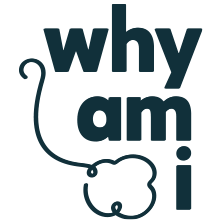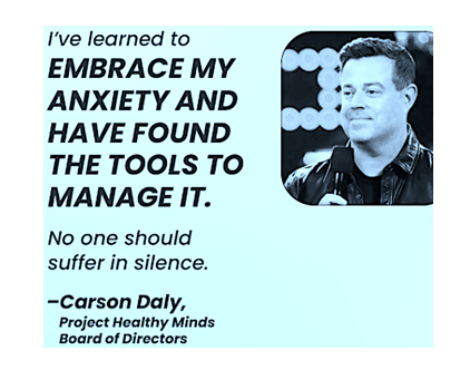How to manage your mental health and maintain balance
Many people say balance is impossible. We’re here to suggest otherwise. With hard work, dedication, and a bit of help if necessary, we believe equilibrium is achievable.
According to The Canadian Mental Health Association,
“Balance means that we can fully engage in what we need or want to do without that nagging guilt or worry that we should be doing something else. And it means really understanding our own boundaries and needs so that we have the freedom to pursue all the various roles and identities we have or want to have in life. Finding balance leads to greater life satisfaction and well-being—which improves your ability to find balance in the future.”
That being said, everyone’s definition of balance is as individual as they are. An excellent way to balance your mental and emotional wellbeing is to ask yourself: “What is a priority?” If it’s not a priority, save it for another day instead of stressing out by trying to do it all.
Why’s it important to live a balanced life?
If you’re running yourself ragged with an impossibly long list of to dos, chances are, you’re stressed. Stress is very harmful to your health and can often result in an inability to cope or even mental illness.
Here are some ways to manage your mental health as you work towards leading a balanced life:
Tips on managing your mental health and maintaining balance
-
Get plenty of sleep
Sleep and mental health are intrinsically connected. Sleep issues are extremely common among those with anxiety, depression, bipolar disorder, and ADHD. This is because the brain processes emotional information when you’re asleep (specifically in the REM phase). If you aren’t sleeping, you aren’t fully processing your emotions. To solve this, try your best to stick to a regular sleep schedule that ensures you get at least eight hours of rest. Also, avoid screens and electronic devices at least 30 minutes before bedtime. If you’re addicted to your phone (you’re not alone!), consider putting it in another room altogether so you don’t feel tempted to check it throughout the night. -
Get moving
A sedentary lifestyle is directly linked to mental illness. So, 30 short minutes of daily activity can boost your mood and improve your health. This doesn’t have to be a high-intensity workout—a walk around the block does the body (and mind) good. -
Consider Muse Brain Sensing
Using advanced EEG technology to respond to your mind, heart, and breath, Muse S is a comfy brain-sensing headband that helps you understand and track how well you focus, sleep, and recharge. Use the code AMB_9flbzmpybx for a 7% discount at checkout. -
Eat a healthy diet
A balanced diet of fruits, vegetables, dairy, grains, protein, and plenty of water can improve your energy and focus throughout the day. Incorporating these food groups into your meals and snacks can also help with symptoms of anxiety and depression. -
Try Transcranial Direct Current Stimulation
Using LIFTiD Neurostimulation for 20 minutes a day trains the brain to maximize attention, focus and alertness, putting the LIFTiD user in the right mindset to accomplish tasks and perform at a higher level. Use our code B545 for a 7% discount at checkout. -
Practice meditation
Meditation is all about slowing down and gaining awareness. It’s excellent for maintaining mental health and achieving balance because breathing lowers blood pressure and reduces muscle tension and stress. -
Take the YMI Survey
To better understand your mental health and individual needs, start your YMI journey. Created by doctors, psychotherapists, and data scientists, YMI uses AI to take a comprehensive look at a person’s past and present to help them better understand themselves and their potential future challenges.
What it all boils down to is prioritizing your wellbeing. We believe that by providing insight into what lies ahead, we can help people move toward the future with clarity and confidence.



